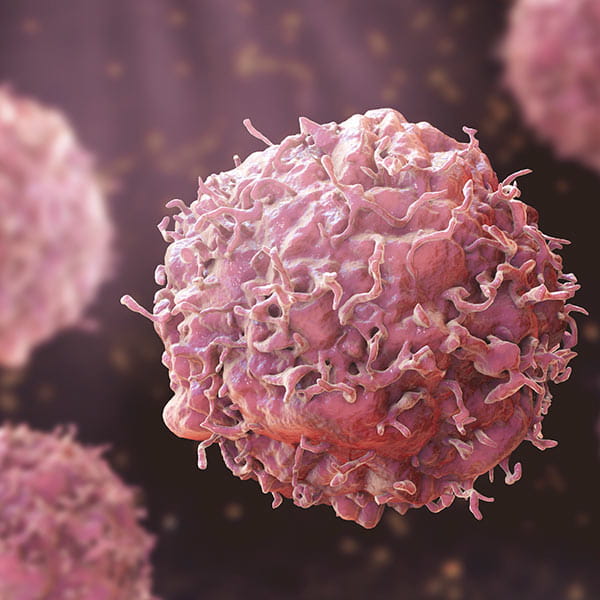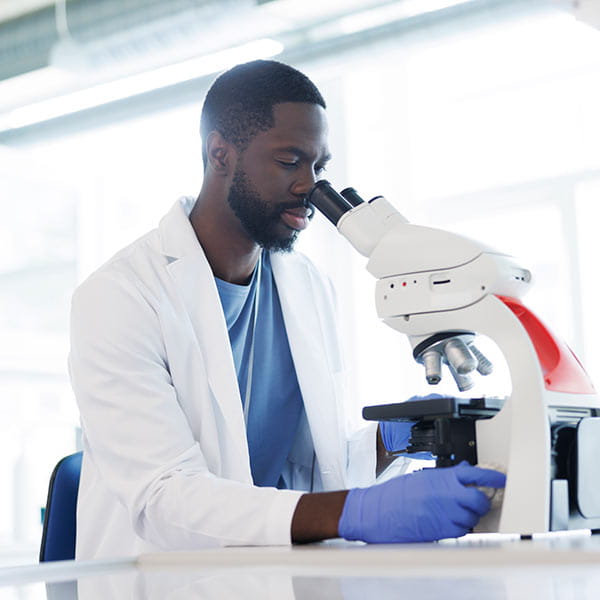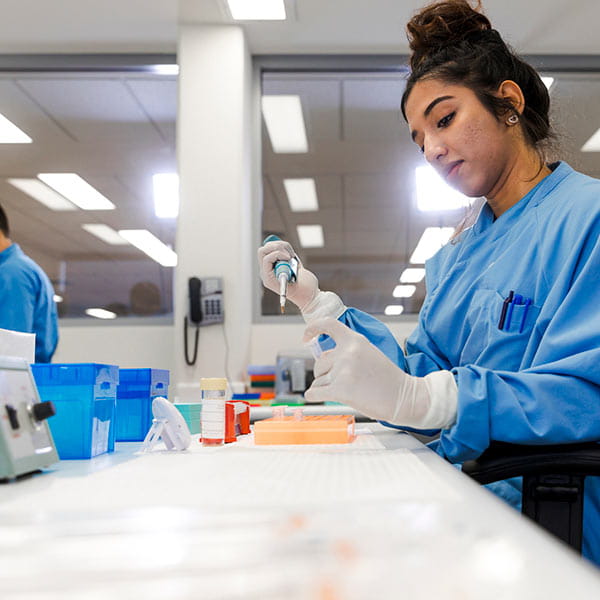Radiation Oncology Cancer Studies, Discoveries and Achievements

Basic Science and Cancer Biology
The fundamental basis of cancer is genetic in origin. Therefore, key discoveries must come through basic science research in novel tumor and animal models to understand mechanisms of cancer therapy resistance and identify novel therapeutic targets and biomarkers.

Translational Oncology Research
Discoveries in the lab are not enough. They must be translated into clinical care, and this critical jump is one of the most challenging given the many differences in pre-clinical model systems and patients. Nevertheless, our translational oncology research teams have successfully developed a multitude of novel genomic biomarkers to personalize therapy.

Big Data and Health Services Research
We are in unprecedented times where mass quantities of terabytes and petabytes of data can be collected to better understand unrecognized associations impacting cancer incidence and outcomes. This requires substantial processing and computation resources, as well as a skilled team that we have here to dive deep into the world of big data.

Everyone by now has heard of at least one of these buzzwords - AI, deep learning, machine learning, and neural networks. However, few centers have truly leveraged the power of non-human interpretable features to harness the strength of AI clinically. For example, we have helped develop the first-ever validated prognostic and predictive biomarkers to personalize prostate cancer treatment. Furthermore, we are using this technology to disrupt the very core in which we work, from clinical workflows, simulations, segmentation, planning, quality control, remote monitoring, and survivorship care.

The Medical Physics division is actively involved in translational research. There are collaboration opportunities for the residents with basic scientists in Radiation Biology and scientists in Bioengineering, Electrical and Computer Engineering and Radiology. Participation in these research and development activities provides the residents with an excellent opportunity to extend their knowledge and experience in the field. Moreover, these activities enable the residents to attend scientific conferences and meetings as well as publish in peer-reviewed journals.


